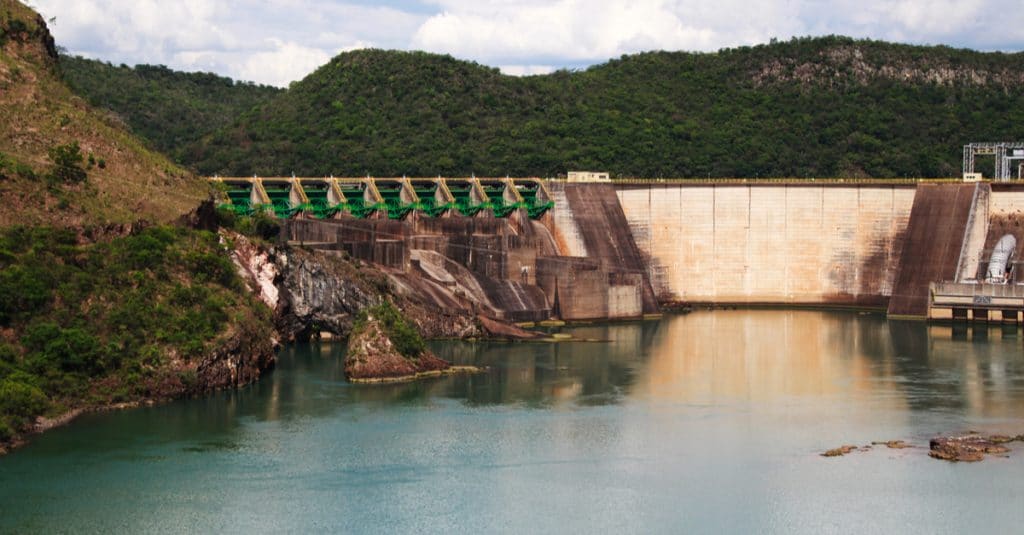The Cameroonian branch of the French group Innovation Énergie Développement (IED) is currently carrying out a mini-hydroelectric power plant project in Mbakaou, a village located in the Djérem division, in the Adamaoua region in Cameroon. The local authorities painted a sad picture of the energy situation in Mbakaou during the ceremony to lay the foundation stone of this structure on June 20, 2019. This area, as well as its neighbour Tibati, lives in a precarious electrical situation characterised by a low supply of energy from two generators. It is therefore to overcome this shortage that the IED group project is working.
The mini-power plant will have a 1.4 megawatt (MW) capacity, generated by two turbines of 740 Kilowatts (KW) each and associated distribution networks. From September 2020, IED Invest Cameroon will produce energy sold to the electricity distribution company, Eneo, a semi-public company with 56% of the capital held by the Actis group and 44% by the State of Cameroon. IED will operate the plant for 20 years.
A double economic and ecological advantage
The cost of the Mbakaou mini-hydroelectric power plant is €6.8 million, CFAF4.5 billion, financed by the European Union, IED, BGFI Bank and the Rural Electrification Agency (AER).
Thanks to this project, 300 new households in unserved areas will finally be connected and 2,500 new households in Tibati and Mbakaou.
Once commissioned, the plant will also save the electrician Eneo about 457,000 euros or 300 million CFA francs per year on the fuel costs required to operate the Tibati and Mbakaou thermal power plants. This leads to both an economic and ecological gain. At Eneo, it is explained that “in addition to improving service and quality of service in these rural areas, the project will generate greenhouse gas emission reductions of up to 2893 tonnes of CO2 per year, due to the partial or total shutdown of the Tibati and Mbakaou thermal power plants, which are now the main sources of power in the area”.
Boris Ngounou
